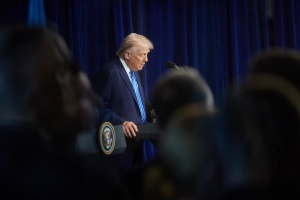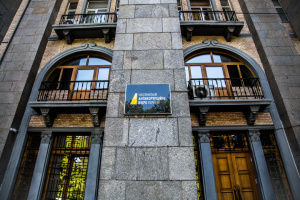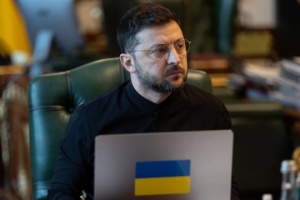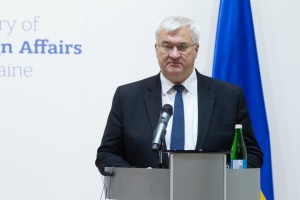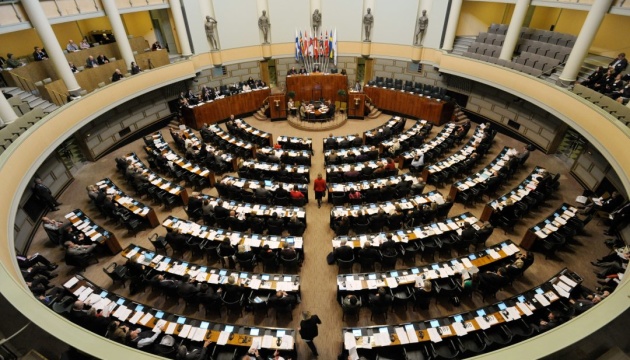
Council of EU increases military aid to Ukraine up to EUR 1B
“Today the Council adopted two assistance measures under the European Peace Facility (EPF) that will allow the EU to further support the capabilities and resilience of the Ukrainian Armed Forces to defend the territorial integrity and sovereignty of the country, and protect the civilian population against the ongoing Russian military aggression,” reads the press release published on the website of the Council of EU.
The assistance measures will increase the original budget announced on 28 February 2020 with an additional €500 million, thereby doubling its initial amount to €1 billion.
The agreed assistance measures will finance both the provision of equipment and supplies such as personal protective equipment, first aid kits and fuel, and military equipment and platforms, designed to deliver lethal force for defensive purposes. The duration of the assistance measure is also extended by 12 months.
As noted, Russia’s unprovoked and unjustified military aggression against Ukraine grossly violates international law and the principles of the UN Charter and undermines European and global security and stability. Russia, and its accomplice Belarus, bear full responsibility for this war of aggression and those responsible will be held to account for their crimes, including for indiscriminately targeting civilians and civilian objects.
The European Union again demanded that Russia ceases its military action and withdraws all forces and military equipment from the entire territory of Ukraine immediately and unconditionally, and fully respects Ukraine’s territorial integrity, sovereignty and independence within its internationally recognised borders.
As reported, on February 28, following an emergency teleconference meeting, EU defense ministers agreed on a €500 million emergency package for Ukraine under the European Peace Facility. This financial instrument is intended to finance activities in the field of the EU's Common Security and Defence Policy.
Of this amount, 50 million euros was earmarked for the purchase of defensive and medical equipment, as well as fuel, and another 450 million euros was channeled into the purchase of lethal weapons. This was the first time in the EU history that such assistance was provided to a third country engaged in hostilities.
ol

